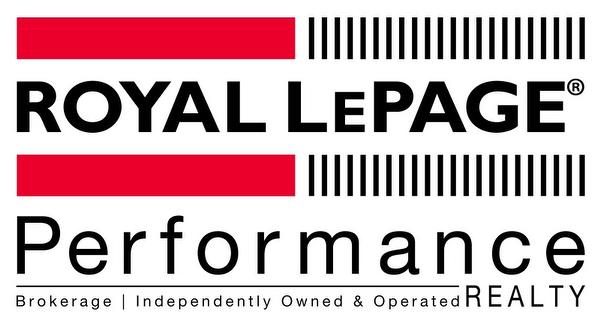Winning Winter Curb Appeal
If you’re planning to put your house on the market this winter, it’s important to recognize the value not only of a welcoming home interior, but also of a safe and attractive exterior.
When it comes to creating curb appeal in the snowy season, your first priority should always be safety. That means ensuring walkways and driveways are clear of snow and ice, and keeping a good supply of de-icing products on hand.
While salt is extremely effective in keeping slippery surfaces under control, it can also be corrosive, affecting the underside of your car, damaging sensitive plants, irritating pets’ paws and, over time, possibly wearing away cement or asphalt surfaces. Consider less damaging options such as salt-free de-icers, sand, kitty litter and even coffee grounds.
Good outdoor lighting is also crucial for a safe trip up your walkway, so replace any burned out light bulbs in existing fixtures and consider adding outdoor spotlights to guide visitors to the front door. Once at the door, make sure it’s in good shape: touch up the paint, and replace the door hardware, mailbox and address numbers as necessary. Add a pop of colour with a cheery doormat, but tone down or remove overly exuberant seasonal decorations … your giant inflatable snowman will not do you any favours!
Remember, the first step to a successful winter sale is convincing buyers to get out of their toasty car and up to your front door. Take the time to clear and light the way for a safe and inviting first impression.








